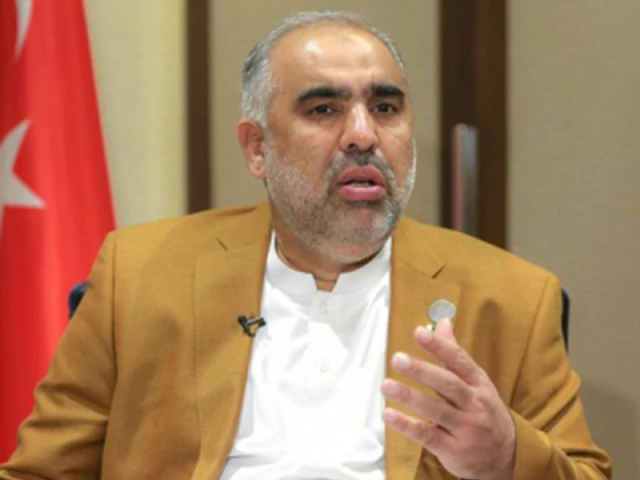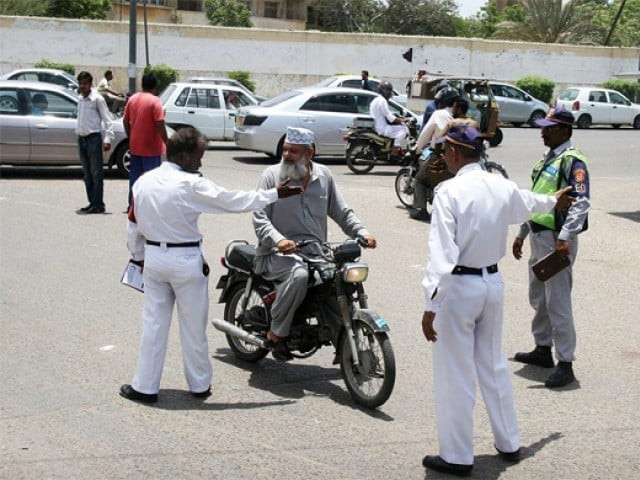Humanizing Judicial Reforms: A Step Toward a More Responsive Justice System
In a significant move for the legal landscape in Pakistan, Chief Justice Yahya Afridi has recently emphasized the critical importance of "humanizing judicial reforms." This call to action was made during a national symposium held at the Federal Judicial Academy in Islamabad, coinciding with the International Day for Judicial Wellbeing. The theme? "The Human Dimension of Responsive Justice."
The symposium brought together judges from various levels, legal experts, and institutional stakeholders, creating a unique platform for open dialogue about the wellbeing of the judiciary. Justice Afridi stressed that when judges feel supported both emotionally and institutionally, they can serve fairer and more responsive justice.
One of the highlights of the event was Justice Afridi’s commitment to a series of essential judicial reform initiatives. Under the guidance of the National Judicial (Policy Making) Committee, plans are in motion for the establishment of Model Criminal Trial Courts and strict timelines for the swift disposal of civil and criminal cases. Furthermore, he mentioned the development of a Professional Excellence Index to enhance the quality of legal proceedings.
An interesting aspect of the reforms includes the formulation of ethical guidelines for the use of artificial intelligence in judicial processes. This integration of technology presents an opportunity for a more efficient and accountable justice system, while still maintaining the necessary human touch.
A keen focus was also placed on the wellbeing of the district judiciary. Reforms will address challenges like extraneous influences and performance evaluations, ensuring standardized recruitment and parity in service conditions. Additionally, plans are underway to broaden access to international exposure for local judges, enhancing their skills and knowledge base.
In a bid for international collaboration, Justice Afridi announced forthcoming memoranda of understanding with the Supreme Court of China and the Constitutional Court of Türkiye. These agreements will facilitate the exchange of judicial officers, promoting a global perspective in local practices.
The culmination of discussions at the symposium led to the adoption of the "Islamabad Declaration on Judicial Wellbeing," which underlined the necessity of embedding judicial wellbeing into all areas of reform. This includes case management, digital integration, and infrastructure improvements.
In concluding his address, Justice Afridi paid tribute to the often-unseen strength of the judiciary, assuring that the entire institution stands behind every judge. "This day is not just a tribute—it is a promise. You are not alone," he affirmed, echoing a commitment to a supportive judicial environment.
As these initiatives unfold, the emphasis on judicial wellbeing marks a pivotal moment in Pakistan’s legal history. For anyone interested in the evolution of justice and wellbeing in the judicial system, following updates and discussions around these reforms will be both enlightening and empowering.
To stay engaged and further explore topics related to legal systems and reforms, feel free to connect with Pro21st.
At Pro21st, we believe in sharing updates that matter.
Stay connected for more real conversations, fresh insights, and 21st-century perspectives.





